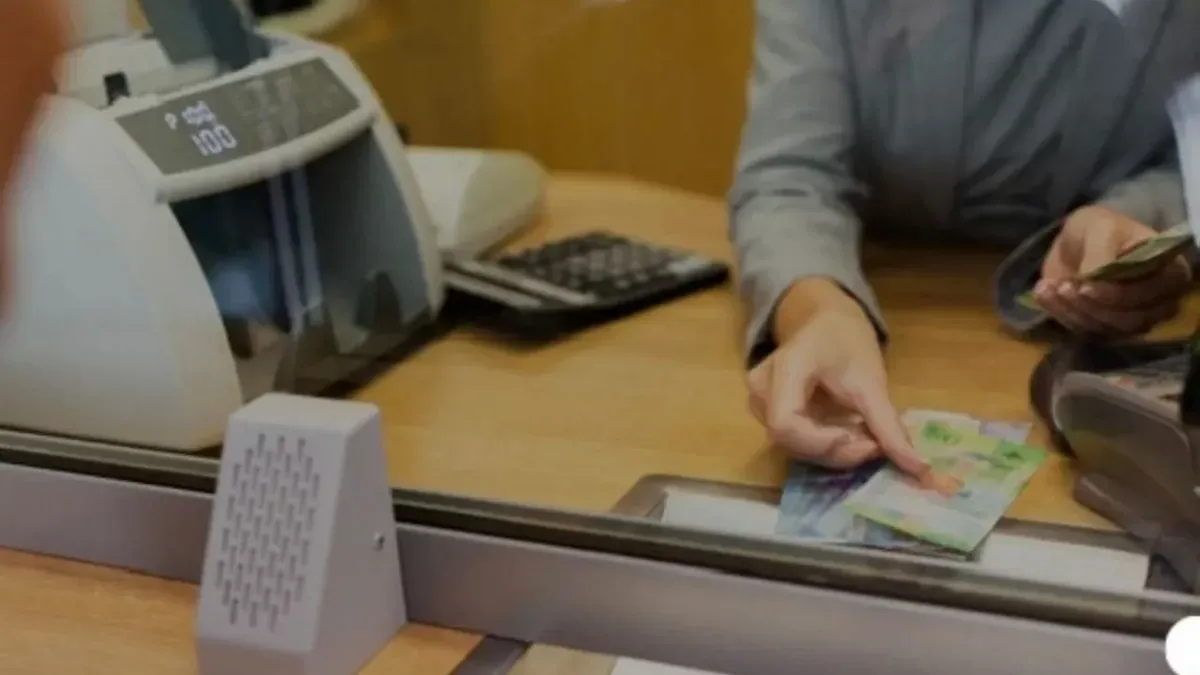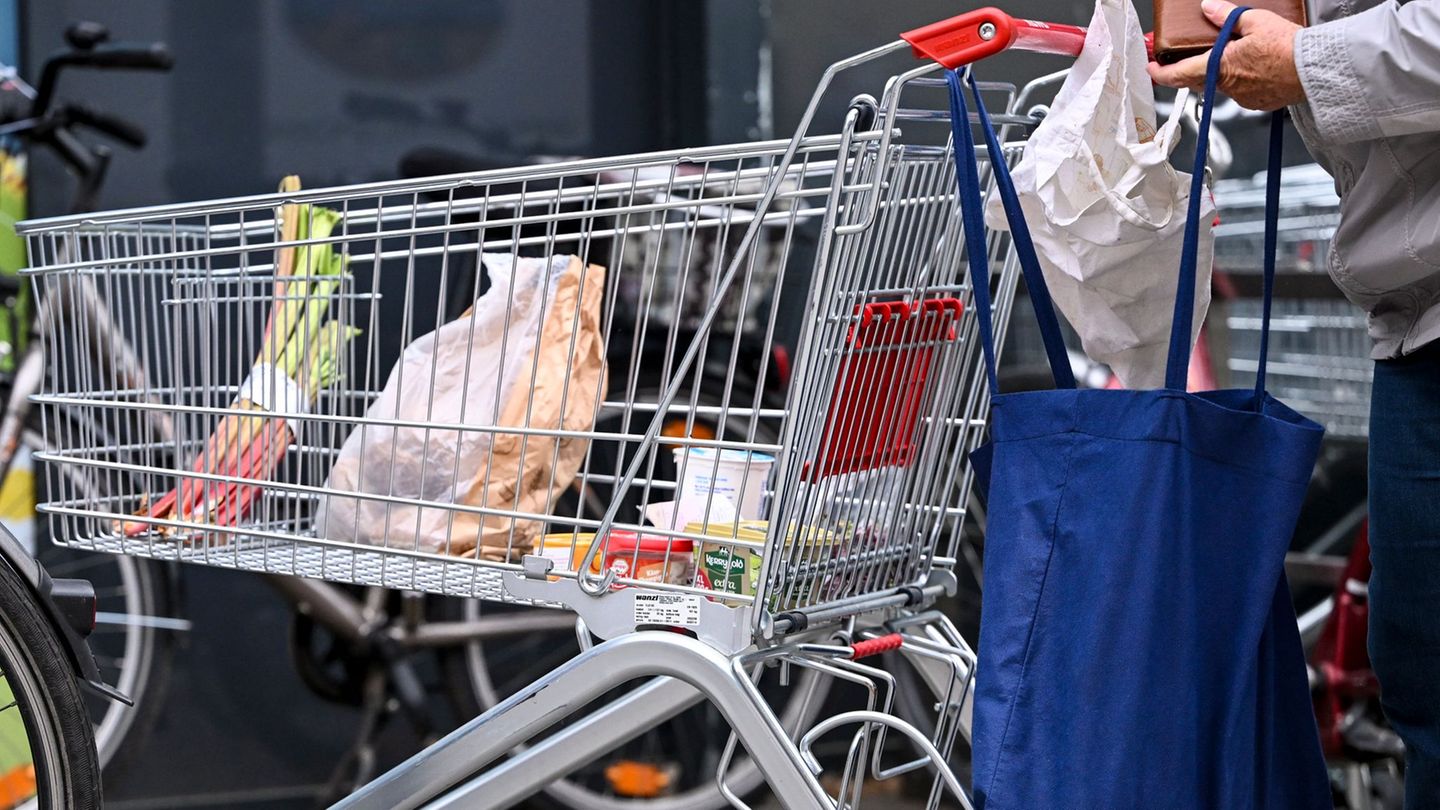Menu
Consumer prices attract: Energy prices hardly fall anymore – foods are becoming more expensive
Categories
Most Read
Calculate your pension with a monthly salary of 4,100 euros: This is how much money comes out
October 28, 2025
No Comments
Why is the pension 190 euros higher in the East? This atlas shows it
October 28, 2025
No Comments
How the main banks operate today, October 28, 2025
October 28, 2025
No Comments
Fishing: Hardly any new restrictions for Baltic Sea fishermen – Backhaus glad
October 28, 2025
No Comments
The kuka risk became evident
October 28, 2025
No Comments
Latest Posts

The US announced that it eliminated 14 suspected drug traffickers in attacks on boats in the Pacific
October 28, 2025
No Comments
October 28, 2025 – 1:41 p.m. There are already at least 57 dead in their fight against drug trafficking from Latin America. US forces were

how much they will charge in November 2025 after the last agreement
October 28, 2025
No Comments
October 28, 2025 – 12:32 Bank employees will receive salary increases. This is an increase that accompanies inflation. The bank workers will receive a new

Calculate your pension with a monthly salary of 4,100 euros: This is how much money comes out
October 28, 2025
No Comments
retirement 4100 euros salary: This is how much pension you get at the end according to the formula Listen to article Copy the current link
24 Hours Worlds is a comprehensive source of instant world current affairs, offering up-to-the-minute coverage of breaking news and events from around the globe. With a team of experienced journalists and experts on hand 24/7.

